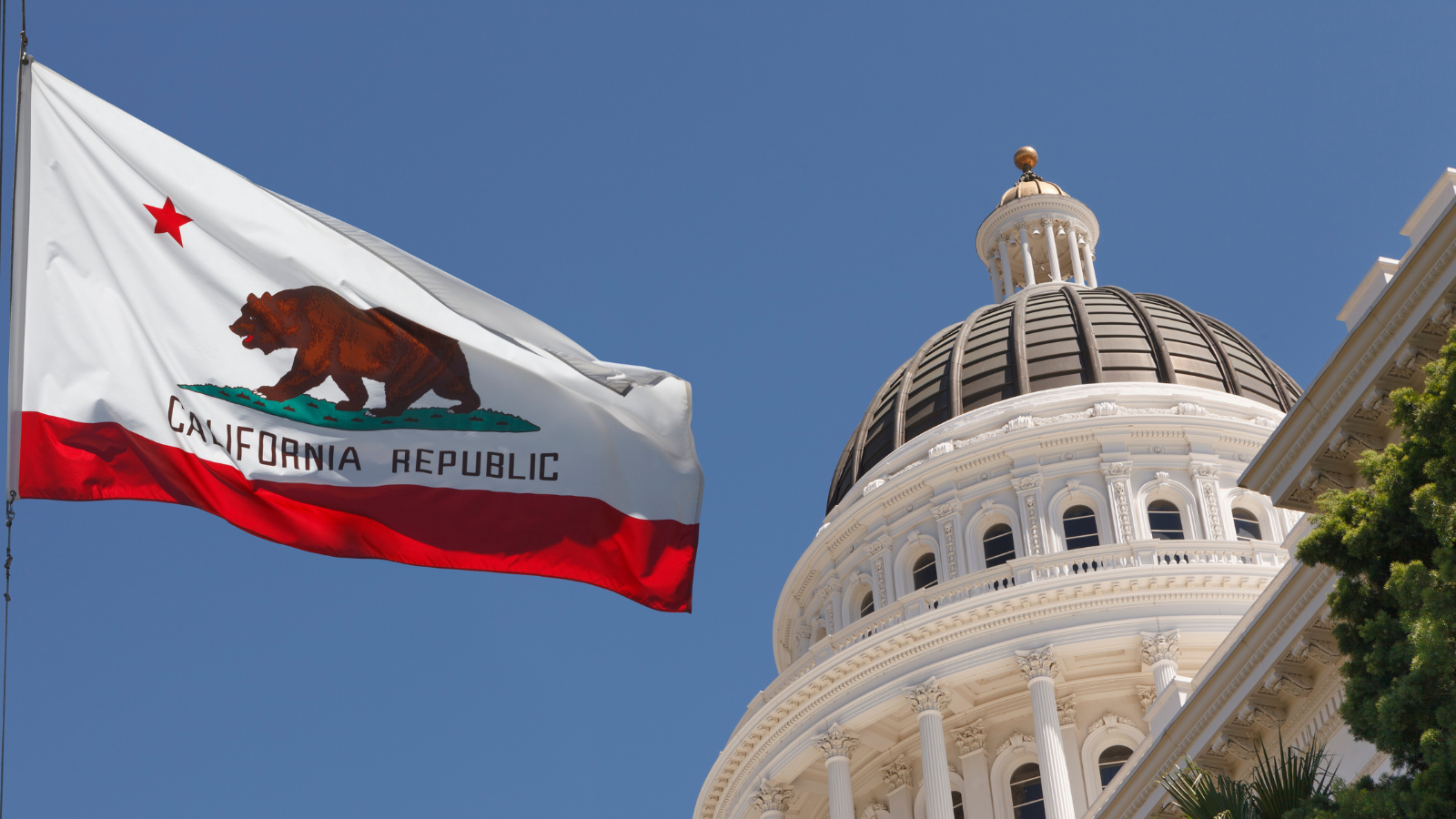Magazines and insurance seem to have three commonalities:
- Each depends heavily on renewals for profit.
- Each originally, in part, used the term "subscription," though only magazines commonly use this term today.
- Each wants to charge more, often far more, at renewal.
This is where the commonalities end and the last commonality should not exist. Magazines are priced at a market rate. Insurance is supposed to be priced at actuarially supported rates with only so much consideration to the market and profit because insurance is considered a public good. Insurance is heavily regulated because of its importance to citizens and commerce. Magazines just don't have the same relevance.
A real need exists to balance company/agency profitability and public affordability so that public policy is best served. In other words, insurance is supposed to be priced so that the most people possible can afford it because more people possessing insurance is the greatest spread of risk possible, resulting in the lowest overall cost and the best societal results. It works for everyone: society, consumers, agents and insurance carriers. This combination really goes to the heart of the insurance industry. It is somewhat egalitarian in nature, though almost no consumer will ever see it that way, and maybe that is because the industry is not working the way it should.
See also: If Insurance Invaded Magazine Covers
Pricing has changed significantly and is set to change even more, and in ways completely novel to the industry. Magazine renewal pricing is an example. Insurance companies probably (actually they almost certainly) bought a study from one or more large consulting firms that concluded that companies could charge x% more on renewal without any actuarial justification. After all, why would an account become riskier at renewal, unless the company is constantly developing more information in the first year? Because increased renewal rates is widespread behavior, this suggests if data is developed the first year that indicates more rate, carriers are not asking the correct questions on the initial application and are not in a hurry to fix their applications. Otherwise, they know they can just charge more. While true that they will lose some accounts at renewal when they raise rates, the net gain on the accounts that stay will outweigh the loss, resulting in a net gain. Different economic terms exist for the different varieties of price sensitivity, but most fall under the term "price elasticity." Price elasticity has absolutely nothing to do with actuarially sound pricing.
Moreover, companies have identified that they can keep more of these accounts if the agent gets out of the way. The agency variable is an important reason companies are pushing service centers. (A question: Why do companies need agents or, at least, pay agents renewal commissions if the company does all the work while achieving a higher retention rate? Just asking a question more agents need to ask themselves.)
The net result is a magazine renewal pricing program. I completely understand and appreciate the opportunity that carriers have identified and partially realized. Any executive running a company would have to choose this strategy once the data was presented. This strategy is a contributing reason why insurance companies have been so profitable the last 12 years. From a public policy perspective, I am not confident that pricing insurance like magazines is in the public’s or even the industry's best interest.
A newer pricing factor is the supposed ability to bypass the law of large numbers and price accounts with extreme individual precision (the statistical argument as to whether this strategy works must await another day, but it is not a foregone conclusion that such precision works). Assuming for now that this hypothesis is correct, insurance will be made available to more consumers and businesses, though maybe not at affordable rates, is a given. The reason is that, within the law of large numbers, a certain unpredictability exists as to which account will have material losses. Pricing therefore charges those who do not have claims a huge premium while greatly undercharging those who will have a claim. Actuarially, on average, the premiums and discounts will average out, i.e., the beauty of the law of large numbers.
However, if pricing is precise, the best accounts' premiums will decrease significantly, maybe by 50% or more. The worst accounts' premiums will increase by thousands or tens of thousands of percent. If too many people are priced out of the market, the market likely will not work well, which is just one reason the theory of such precise pricing may not work. Additionally, I cannot imagine how it is in the public's best interest. Just consider this: Quite a few uninsured drivers are already uninsured because they are bad drivers. This is why UM insurance is so important. What happens if uninsured drivers increase by 20% or 30%?
Another factor is how some insurance distribution disrupters have flouted insurance regulations, regulations designed to protect the public and pricing integrity. The press has widely reported the shenanigans of an online independent agency/broker funded by private equity. Besides the normal ethical mores a company should observe, for its own good and the public's, this one reportedly created a software program to hide from insurance commissioners its employees' lack of insurance licenses. Insurance pricing and regulation are co-dependent. Insurance costs more when employees need licenses, and licenses are another protection for the public because insurance is, again, considered a public good. Cheating by not purchasing licenses changes pricing.
The same firm has been questioned by some relative to conforming to rebating laws. Rebating is prohibited because rate filings list x% for agent commissions. Rebating arguably demonstrates that x% commission should be x% minus y% commission. An actuarial factor is not applicable, and, therefore, all customers should really pay x% minus y%, not just some consumers.
Anti-rebating rules are levelers. An agency can more easily afford rebates when one does not have to pay for licenses. Foregoing licenses, regardless of how easy they are to obtain, is not in the public's best interest.
See also: Is Talent the Best Defense?
The insurance commissioners have heavy workloads and plenty on their plate of more immediacy. I know they are considering each of these factors, and I am not naïve enough to suggest the industry police itself on these matters. The distribution of education and knowledge helps. Keeping what is happening quiet does not benefit anyone except the most aggressive parties. My recommendation is for all associations and regulators to consider a loud public discussion and then make the rules enforcement consistent, extremely consistent, for all.
I recommend agents keep their clients' best interests in mind by actually working the renewals. If you want a service center, build your own. Companies do not need to pay agents a renewal commission for doing nothing on a renewal. For now, they are just being benevolent. These scenarios remind me so much of the proverb involving the frog bathing in the warm water thinking it has a free warm bath until the water is boiling and it'sdead.








